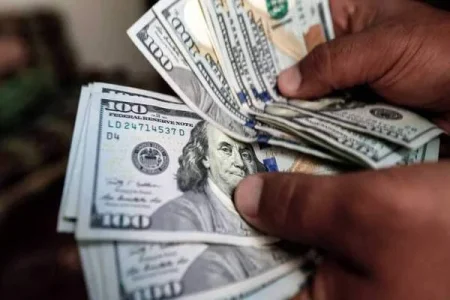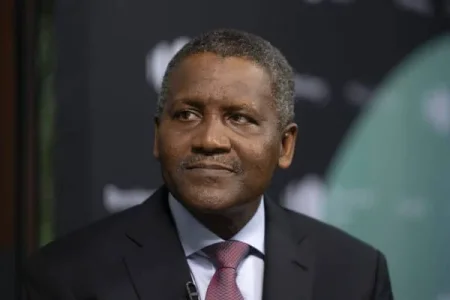
Nigerians spent $38.17 million on foreign education in Q1 2024, an 83% drop from 2023, per CBN data. Factors include economic challenges and new forex regulations. Despite this, Q1 2024 saw a 54% increase from Q4 2023. Stringent measures on forex purchases for education and medical expenses are now in effect.
Nigerians spent $38.17 million on foreign education expenses between January and March 2024, a significant drop from the $218.87 million recorded during the same period in 2023. This 83% decrease, reported in the Central Bank of Nigeria's (CBN) quarterly statistical bulletin, highlights the economic challenges and policy shifts impacting Nigeria's educational expenditures abroad.
Despite the sharp year-on-year decline, Q1 2024 saw a 54% increase from the $24.82 million spent in Q4 2023, reflecting a complex economic landscape. The reduction in forex utilization for education coincides with a marked decrease in international student enrollment at UK universities. A Universities UK (UUK) survey of 73 institutions revealed a 44% drop in postgraduate enrollments in January, exacerbating financial strains on these universities.
Additionally, Enroly's data, used by around 60 UK universities, indicated a notable decline in international students' deposit payments, further evidencing reduced interest in studying in the UK.
Earlier this year, CBN Governor Yemi Cardoso highlighted that expenditures on foreign education and medical tourism significantly contribute to Nigeria's forex challenges. In a presentation to the House of Representatives, Cardoso noted that $40 billion has been spent on these sectors, impacting the naira's value and increasing forex market pressure.
While forex spending on education decreased year-on-year, there was a substantial rise in expenditures for health-related and social services. The CBN data showed a 122% increase from $1.04 million in Q1 2023 to $2.31 million in Q1 2024 and a 485% jump from $0.39 million in Q4 2023.
To address these challenges, the CBN introduced stringent measures on purchasing foreign currencies for education and medical expenses through Bureau De Change (BDC) operators. Effective from May 2024, these regulations cap foreign currency purchases for school fees at $10,000 per customer annually, requiring transactions through the BDC's domiciliary account with a Nigerian bank and supporting documents. Medical bills abroad are similarly restricted to $5,000 per annum, with direct payments to the medical facility and required documentation.
These measures aim to further limit forex spending on foreign education and medical tourism, potentially easing the pressure on Nigeria's foreign exchange reserves.




